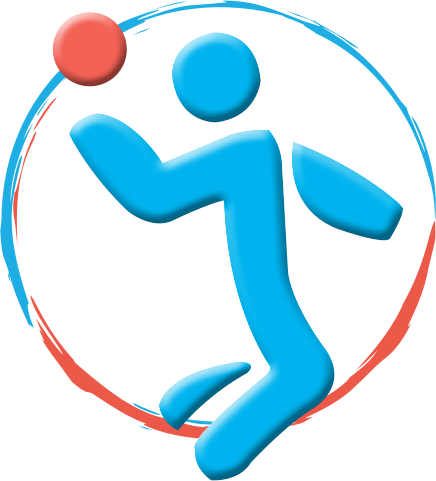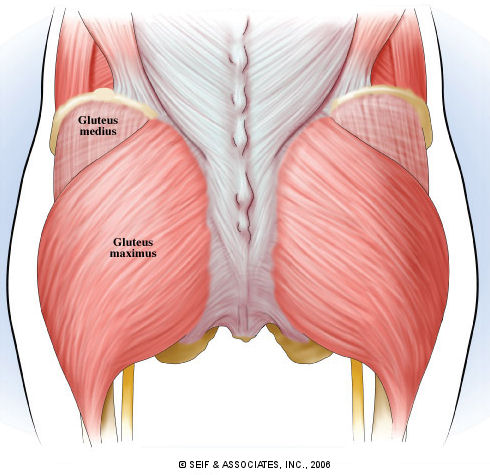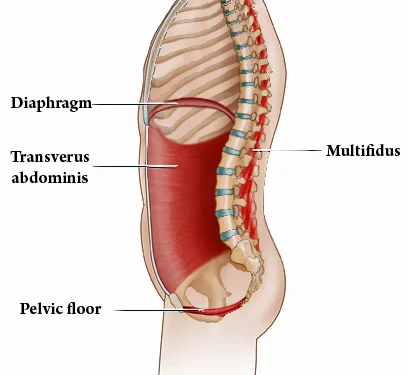Injury prevention in cycling
So you’ve all the gear and only a vague idea; you’ve started cycling, training hard for the Cycle Derby Sportive, and you’re loving it… then some injuries start creeping in and you start to think ‘I thought this cycling malarkey was meant to be good for me!!’
Well, it is! But there are a few handy hints and tips we have for you to make sure that you last a bit longer past the Spring Sportive! With clickable exercise gifs you really have no excuse!!!
Stability:
Definiton: The ability to maintain a state of stableness, the property of a body that causes it when disturbed from a condition of equilibrium or steady motion to develop forces or moments that restore the original condition.
There are two main points that require good stability in order to put less strain on the rest of your body: your pelvis (and core muscles) and your shoulders (and shoulder-blade muscles).
Lower body stability: Because cyclists spend all their time bent forward, I often find their glutes don’t work as well as they should. The glutes attached around the pelvis all do different jobs:
The big one at the back is the Gluteus Maximus (GMax), and it is in charge of extending your hip (moving your hip backwards).
Gluteus Medius (GMed) is a little bit further around the side of your pelvis and its main job is to help control the side to side movement of the pelvis and also control the direction in which your knees face. Your core (not your six pack muscles!) helps to keep your spine supported while still being mobile.
If GMax doesn’t work properly I often see people with lower back or hamstring issues resulting, as both areas try and pick up where GMax is lacking.
If GMed doesn’t work properly I tend to see people with back pain, groin pain, knee pain, and sometimes even ankle/ foot pain resulting.
Core stabilisers are made up of your diaphragm on top (no holding your breath!), transversus abdominis which wraps around you like a brace, multifidus which runs between each little bone of the spine and your pelvic floor, which is not only responsible for stopping you wet yourself (men and women!) but also adding to the stability of the whole system.
If your core doesn’t work efficiently I often see people with back or hip pain resulting
Training these areas: (Click on each exercise to watch a brief video!)
Gmax: Bridges ,single leg bridges , squats, deadlifts, single leg deadlifts, split squats, step-ups, lunges (All of these can be done with weights)
Gmed: Clams (can do with theraband), side leg lifts (can do with theraband), curtseys, sumo walks (with band)
Core: Ball work (Exercise 1, Exercise 2, Exercise 3, Exercise 4, Exercise 5, Exercise 6), planks, BOSU work (Exercise 1A&B, Exercise 2A&B)
Around the clock exercise (Great for core and pelvis).
Hamstring (can do with a straight leg too)
Upper body stability: Obviously the more stable your upper body is, the safer you are on the bike, but also the less the rest of you needs to compensate.
Your serratus anterior (SAnt) muscle helps to keep your shoulderblades under control and keep them flat against your chest wall. They are great stabilisers particularly when you’re weightbearing through your arms.
Your rotator cuff (the infraspinatus, supraspinatus, teres minor, subscapularis in the picture above!) helps control where your arm and your shoulder blade is.
The deltoid muscle is the big chunky one on the outside which is your power muscle around all the delicate structures of your shoulder. This needs to work hard when the going gets tough and the hill gets nasty and everything wants to give up!
Your trapezius (all of the parts of it) are in charge of your shoulderblade position in terms of going up/ down and in.
Your big pectoralis muscles on the front of your chest also help with the control of your arm and shoulderblade. This is a big meaty muscle and is also your champion when the going gets tough to help you control your upper body.
Training these areas:
SAnt: Push plus, weighted punches
Rotator Cuff: Cables/ Theraband exercises
Deltoids: Weights/ theraband
Traps: Wall angels (make sure your back is flat against the wall along with your forearms), pull downs (yes these work your lats too), shrugs
Pecs: Chest press (weights machine), press ups, planks, plank to press up
Good whole body exercises:
BOSU planks
BOSU mountain climber series: Exercise 1a and 1b, Exercise 2a and 2b
These are only just a suggestion for you, and by no means the Holy Grail, but I never met anyone who didn’t feel better being stronger, and it definitely will make a difference on the bike.
Best of luck with your cycling this year!
Kate
Lead Physio
The Derbyshire Sporting Joint



